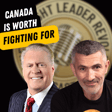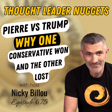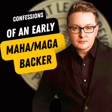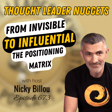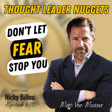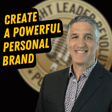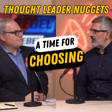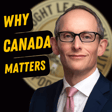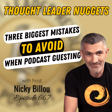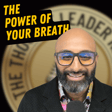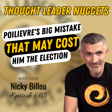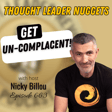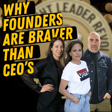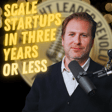
EP661: Peter Forcelli - Confessions Of The Operation Fast & Furious Whistleblower
“You can’t fix what you’re not willing to talk about.”
Integrity isn’t just a virtue—it’s the backbone of any successful business. In a world where cutting corners can be tempting and truth can feel like a liability, standing firm on your values sets you apart. Leadership isn’t about doing what’s easy; it’s about doing what’s right, even when it costs you. The greatest entrepreneurs, like the greatest leaders, build legacies not on deception, but on a foundation of trust, accountability, and unwavering truth. Because in business, as in life, reputation is everything.
Peter Forcelli knows the cost of telling the truth. As a former ATF special agent and federal investigator, he found himself at the center of one of the U.S. government’s most controversial scandals. When he saw wrongdoing, he spoke up—at great personal and professional risk. In this episode, he shares what it means to uphold integrity under pressure, why honesty is a non-negotiable in leadership, and how staying true to your principles can define your legacy.
Peter Forcelli is a retired law enforcement professional, whistleblower, and author of The Deadly Path. With over two decades in federal service, he fought corruption from the inside, exposing unethical practices that endangered lives. Today, he speaks on leadership, ethics, and the power of truth, helping business leaders apply the same principles of integrity in their own pursuits.
Expert action steps:
- Protect your reputation at all costs.
- Don’t be afraid to ask for help.
- Take care of yourself first.
Learn more & connect:
Website: https://www.peterjforcelli.com/
Book: “The Deadly Path” by Peter Forcelli
https://www.peterjforcelli.com/product-page/the-deadly-path-signed-hardcover
Visit https://www.eCircleAcademy.com and book a success call with Nicky to take your practice to the next level.

